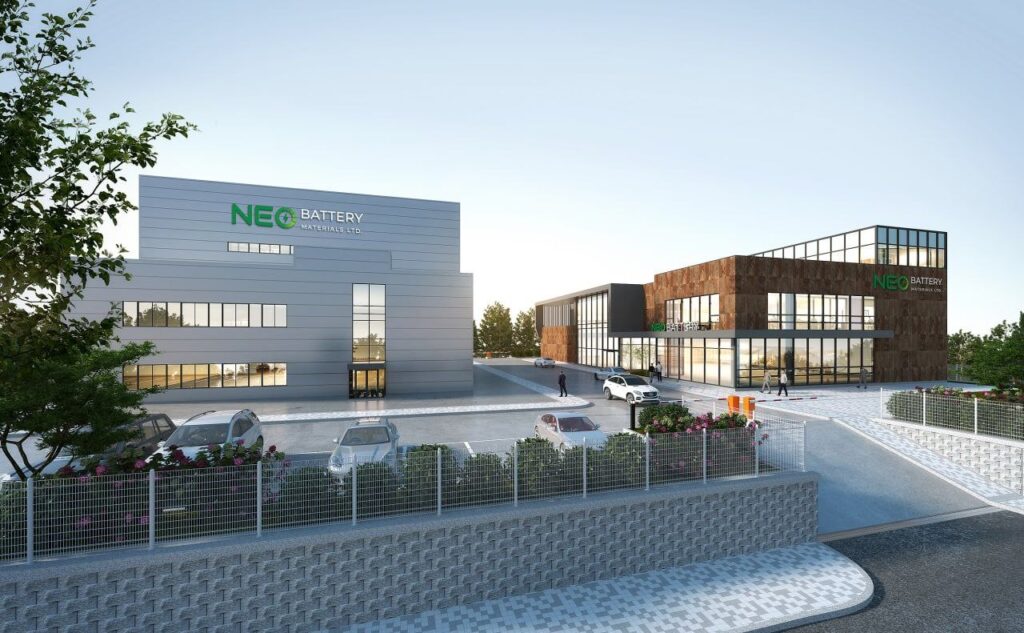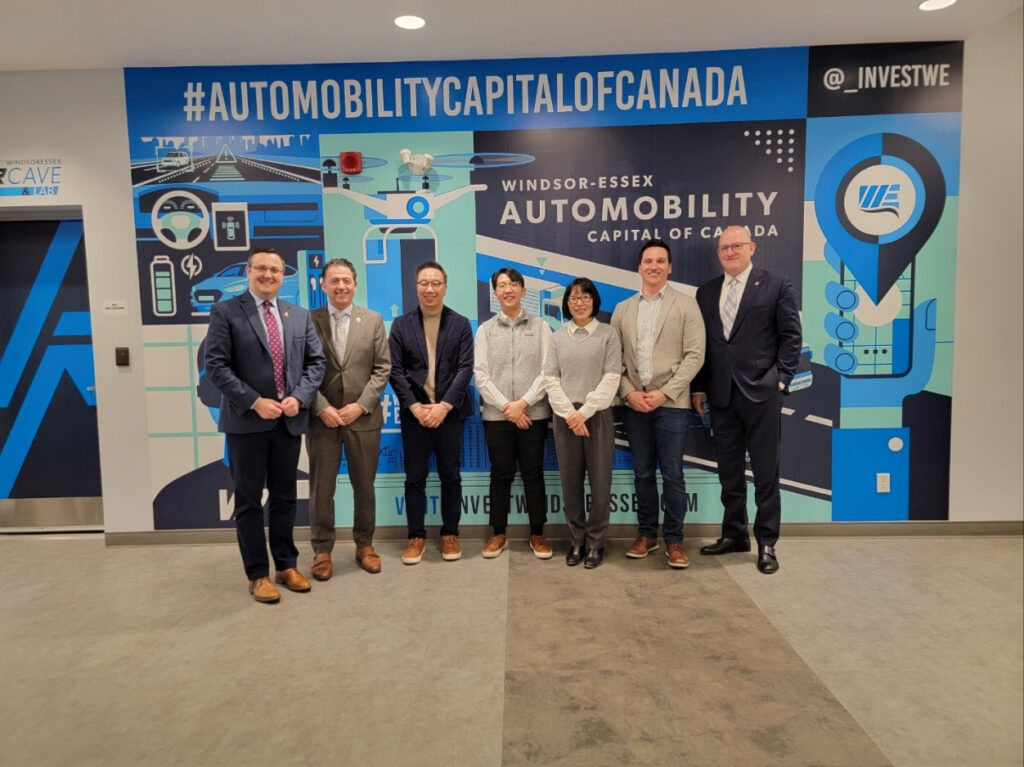Earlier this year, we reported on NEO Battery Materials entering into lease agreement with the City of Windsor, securing eight acres of lands near the regional airport. Through the partnership, NEO, a low-cost silicon anode materials developer for long-lasting and rapid-charging lithium-ion batteries, is establishing Canada’s first advanced silicon anode manufacturing facility. “We are proud […]
NEO Battery Materials
NEO Battery Materials to Establish Canada’s First Silicon Anode Facility in Windsor
NEO Battery Materials, a low-cost silicon anode materials developer that enables longer-running, rapid-charging lithium-ion batteries, has entered into a lease agreement with the City of Windsor, Ontario, securing 8 acres of surplus lands at Windsor Airport. Hinted at last year, this significant milestone marks a critical step toward establishing Canada’s first advanced silicon anode manufacturing […]
NEO Battery Materials Launches Breakthrough Silicon Anode Technology
NEO Battery Materials, a developer of cutting-edge materials for lithium-ion batteries, has unveiled its latest product, NBMSiDE® P-300, which promises longer-lasting, faster-charging batteries. This innovation is expected to benefit electric vehicles, electronics, and emerging industries like space exploration and electric vertical take-off and landing (eVTOL) aircraft. The newly launched NBMSiDE® P-300 sets a new standard […]
Toronto’s NEO Battery Materials Joins $20M Recycled Silicon Battery Project
Toronto-based NEO Battery Materials has been selected as a consortium partner in a $20 million recycled silicon battery project led by South Korea’s Ministry of Trade, Industry, and Energy (MOTIE). The initiative, titled “Recycled Silicon-Based High Energy Density Electrode Manufacturing Technology Development,” aims to advance sustainable silicon anode materials for longer-lasting, rapid-charging lithium-ion batteries. The […]
NEO Battery Materials to Build Large-Scale Silicon Anode Facility in Canada
Earlier this year, Canada claimed the top spot on BloombergNEF’s Global Lithium-Ion Battery Supply Chain Ranking, surpassing China as the leader in creating a secure, reliable, and sustainable lithium-ion battery supply chain. Toronto-based NEO Battery Materials, a developer of cost-effective silicon anode materials for longer-lasting, fast-charging lithium-ion batteries, is building on this momentum. The company […]




